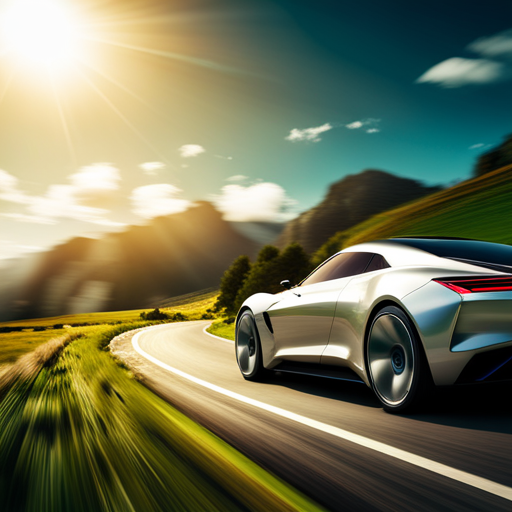In an era where environmental concerns are taking center stage, the future of green driving lies in exploring plug-in hybrid technology. These vehicles offer a unique solution by combining the benefits of electric and conventional engines. By incorporating a rechargeable battery that can be plugged into an electrical outlet, plug-in hybrid vehicles reduce dependency on fossil fuels and minimize harmful emissions.
The advantages of plug-in hybrid vehicles are numerous. They provide enhanced fuel efficiency, allowing drivers to cover longer distances while consuming less energy. Additionally, they offer the convenience of being able to switch seamlessly between electricity and gasoline, eliminating range anxiety often associated with purely electric vehicles. Moreover, these vehicles contribute to a cleaner environment by reducing greenhouse gas emissions and promoting sustainability.
However, there are challenges that need to be overcome in order for plug-in hybrid technology to fully thrive. These include addressing the limited availability of charging infrastructure and improving battery technology to extend electric range. Despite these obstacles, ongoing research and development efforts are paving the way towards a greener future.
By exploring plug-in hybrid technology, we can embrace sustainable transportation options that not only benefit our planet but also provide an inclusive sense of belonging among individuals who strive for eco-friendly solutions. Together, we can shape the future of green driving and create a world where environmental consciousness drives our choices on the road.
Key Takeaways
- Plug-in hybrid technology combines electric and conventional engines to reduce dependency on fossil fuels and minimize emissions.
- Plug-in hybrid vehicles offer enhanced fuel efficiency and the ability to switch seamlessly between electricity and gasoline.
- Challenges for plug-in hybrid technology include limited charging infrastructure and the need to improve battery technology.
– Ongoing research and development efforts are paving the way towards a greener future.
Advantages of Plug-in Hybrid Vehicles
One of the advantages of plug-in hybrid vehicles is their ability to operate in both electric and gasoline modes, providing drivers with flexibility and extended driving range. This technology allows drivers to switch seamlessly between electric power and gasoline power, depending on their needs and the availability of charging infrastructure.
In addition to improving charging infrastructure, plug-in hybrids also offer environmental benefits by reducing greenhouse gas emissions. However, there are still challenges that need to be overcome in order for this technology to become more widespread.
Overcoming Challenges in Plug-in Hybrid Technology
To effectively implement plug-in hybrid vehicles, it is crucial to address and overcome the challenges associated with this technology.
These challenges include the need for a reliable charging infrastructure, which requires significant investment in charging stations and grid upgrades.
Additionally, battery range optimization is essential to ensure that plug-in hybrids can travel long distances without relying solely on gasoline.
Overcoming these challenges will enable wider adoption of plug-in hybrid technology and contribute to a greener future of transportation.
Conclusion
In conclusion, the future of green driving lies in the exploration and advancement of plug-in hybrid technology.nnThese vehicles offer numerous advantages, such as reduced emissions, improved fuel efficiency, and increased range compared to traditional gasoline-powered cars.nnAlthough there are challenges to overcome, such as limited charging infrastructure and higher upfront costs, continued research and development can address these issues.nnIt is imperative that governments, manufacturers, and consumers alike take action to support the growth and adoption of plug-in hybrid technology for a more sustainable transportation future.

